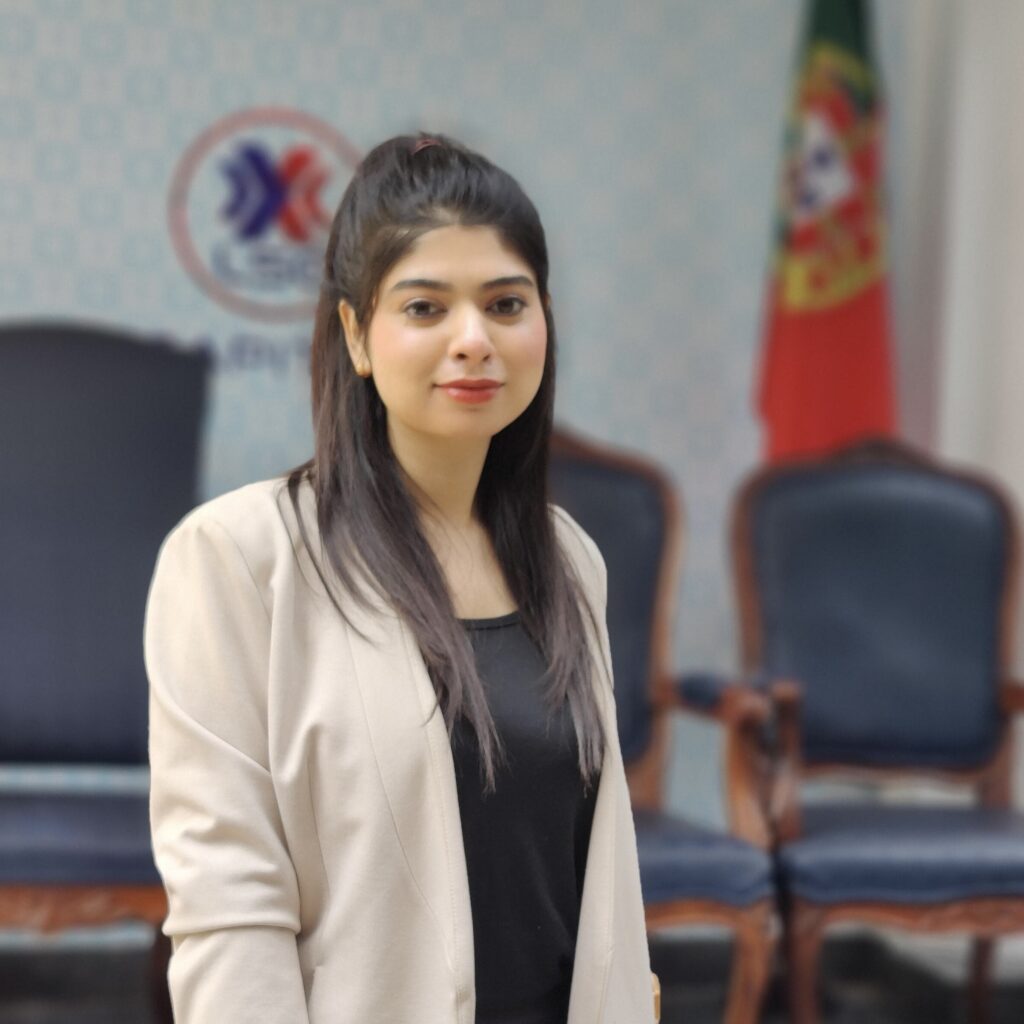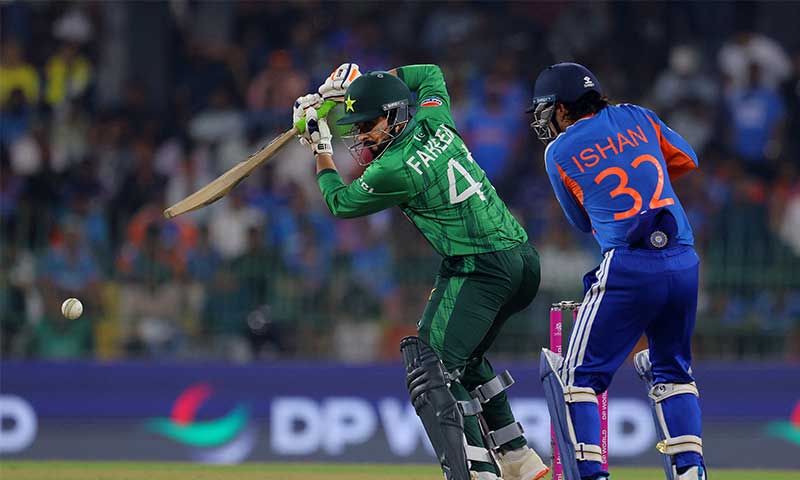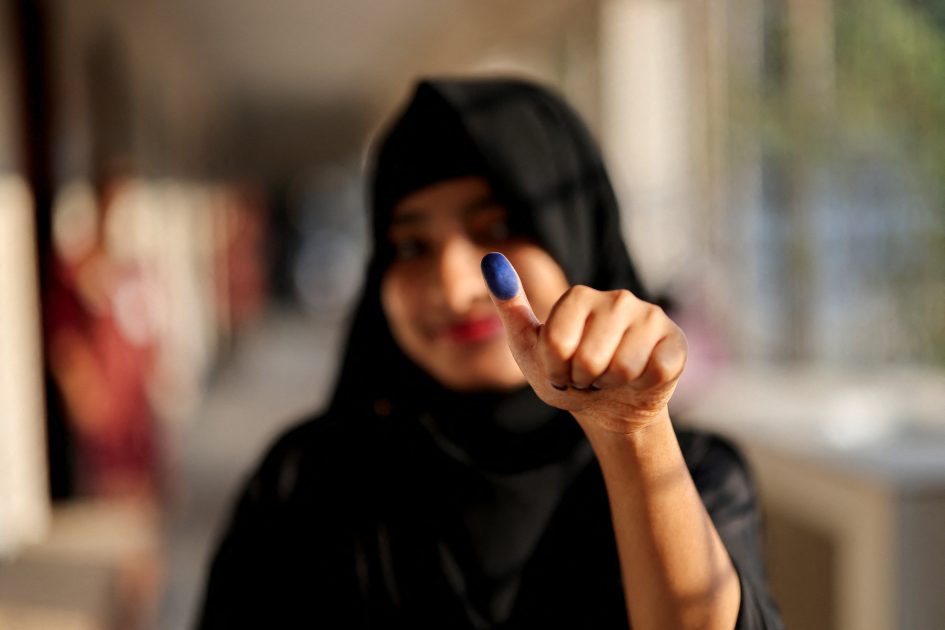- Web Desk
- 9 Hours ago
Fiction’s shackles
LAHORE: Pakistani television dramas have long held a mirror to society, reflecting its values, struggles, and aspirations. However, what happens when that mirror distorts reality and reinforces regressive ideas instead of challenging them? While our dramas have evolved over time, they continue to romanticise problematic tropes; forced marriages, toxic relationships, and restrictive portrayals of women shaping societal perceptions in ways that deserve scrutiny.
One of the most troubling patterns in Pakistani dramas is the romanticisation of forced marriages. The formula is predictable: a woman is coerced into marriage, resents her husband, but over time, and “falls in love.” The underlying message? Resistance is futile, love is inevitable, and consent is optional.
This trope normalises coercion, subtly suggesting that a woman’s agency is secondary to familial and societal pressures. It also desensitises viewers to the gravity of forced marriages, which are not merely romantic plot devices but serious violations of human rights. By consistently presenting forced unions as pathways to love, these dramas reinforce dangerous narratives that can have real-world implications.
Take Mere Humsafar, where a reluctant bride ultimately embraces her fate, reinforcing the notion that endurance is the key to a successful marriage. While some might argue that such storylines highlight resilience, the reality is that they perpetuate the idea that women must endure suffering for love.
The “enemies-to-lovers” trope is a classic in fiction, but its execution in Pakistani dramas often takes a dark turn. Male protagonists are frequently portrayed as aggressive, controlling, or emotionally abusive, yet their actions are framed as desirable qualities. Instead of recognising red flags, viewers are encouraged to see these behaviours as passionate displays of love.
Kaisi Teri Khudgarzi exemplifies this pattern: a man stalks, intimidates, and forcibly marries the female lead, yet their relationship is ultimately positioned as romantic. What message does this send? That a woman’s initial rejection is just a hurdle to overcome, that persistence (even in the form of harassment) is a virtue, and that dominance equates to devotion.
A glaring example of this was seen in the super hit drama Tere Bin, where the hero slapped the heroine, and when she fainted, he tenderly held her in his arms. The audience went ga-ga over the scene, with social media reels glorifying it as an iconic romantic moment, conveniently forgetting that she had been forced into this marriage. The normalisation of such moments in mainstream entertainment reinforces the notion that physical violence, when paired with moments of tenderness, is just another form of love rather than a red flag.
This blurring of romance and violence normalises abuse, making it harder for audiences especially young women to recognise unhealthy relationship dynamics in their own lives. The idea that “bad boys” make for compelling love interests may create gripping drama, but it also fosters a dangerous cultural mindset where aggression is equated with passion.
The rise of dark romance has added another troubling layer to the portrayal of relationships. Male leads in these narratives are often criminals; powerful, brooding, and deeply flawed. But instead of being depicted as cautionary figures, they are romanticised as irresistible anti-heroes.
Bashar Momin is a prime example. The titular character is a money-launderer with anger issues, yet his toxic possessiveness is framed as love. This genre not only skews perceptions of romance but also perpetuates the myth that power and control are attractive traits in men. For young viewers, especially impressionable women, these stories create unrealistic and harmful expectations of what constitutes a desirable partner.
Beyond relationships, Pakistani dramas frequently reduce women to binary roles: the virtuous victim or the villainous rebel. Submissive, domesticated women who endure hardship with quiet grace are rewarded, while independent, career-driven women are either vilified or forced to compromise.
This dichotomy discourages the acceptance of diverse female identities. If a woman is assertive, she is “too modern.” If she prioritises her career, she must eventually “learn” that her true fulfillment lies in traditional roles. Such narratives do not just shape entertainment; they shape mindsets, reinforcing the idea that a woman’s worth is tied to her conformity to conservative ideals.
Fiction does not exist in a vacuum. The stories we consume influence our beliefs, behaviours, and expectations. When dramas repeatedly depict forced marriages, toxic romances, and restrictive gender roles, they do more than just reflect reality, they actively shape it.
Studies on media psychology suggest that repeated exposure to certain narratives can alter social attitudes. Pakistani dramas, with their vast reach and deep cultural influence, have the power to either challenge outdated norms or entrench them further. Unfortunately, they often do the latter, reinforcing patriarchal values under the guise of entertainment.
This is not to say that Pakistani dramas should abandon romance or conflict. Rather, content creators must engage in more responsible storytelling. Love stories can be compelling without romanticising coercion. Characters can be complex without glorifying toxicity. Women can be strong without being punished for it.
Pakistani channels that empower rather than confine. It is time for our storytellers to recognise their influence and use it to create dramas that challenge regressive mindsets rather than reinforce them. After all, a drama’s power lies not just in the stories it tells, but in the conversations, it sparks and the mindsets it shapes.






